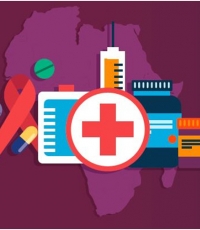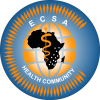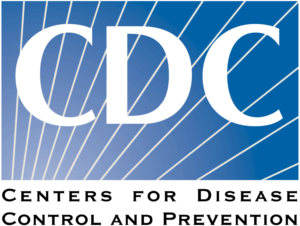
Mining is a major activity in most African countries and the sector has been a major source of revenue for these countries for over a century. However, mining comes with their own health challenges. Some of the diseases that often affect miners include Tuberculosis (TB) and Occupational Lung Diseases.
NEPAD Agency has called for a multi-sectoral approach to the fight against TB in the mining sector. NEPAD Agency Principal Programme Officer - Policy Specialist, Chimwemwe Chamdimba says there is need for African countries to take a broader perspective on TB and fight it in the mining industry. She was speaking in Ndola, Zambia during the inaugural meeting of the Community of Practice (COP) on Mine Health Regulation and Occupational Health and Safety held from 28 – 31 August 2017. The CoP is one of the four established and operationalized under the Southern Africa Tuberculosis and Health System Support (SATBHSS) project and the other 3 CoPs include; Monitoring and Evaluation (M&E) and Research, Continuum of Care and Laboratory and Surveillance.
The CoP on Mine Health Regulation and Occupational Health and Safety will support the four SATBHSS project countries (Lesotho, Malawi, Mozambique and Zambia) in rolling out a standardized package of occupational health services and mining safety standards; and strengthen mine health regulatory capacity. It will accomplish its mandate through facilitating harmonization of legislation on mine health regulation and occupational health across countries; facilitating knowledge exchange and sharing of best practices on mine health regulation and occupational health; and assisting countries in developing or updating existing legislation on mine health and safety, among other actions.
Speaking during the meeting Ms Chamdimba said African countries must look at TB as a challenge to productivity and it should be fought hard to help develop their respective countries.
"This community of practice now moves us from looking at TB in our silos to looking at it in the broader sense to include the labour part of it, mining point of view, and also the employers and employees angle. It is from this unique multi-sectoral blend that we can tackle this challenge which has been with us for 100 years," said Ms Chamdimba during the opening of the workshop.
Southern Africa Development Community (SADC) also took part in the meeting. Its representative Dr. Alphonse Mulumba, who is a Senior Programme Officer for HIV and AIDS, said he hoped more SADC members would join hands to fight TB in the mines. Currently, SADC has 15 member states but only Lesotho, Malawi, Mozambique and Zambia are covered under the World Bank (WB) funded Southern Africa Tuberculosis and Health System Support (SATBHSS) project. There is a need to expand this scope and include other SADC members to tackle the scourge of TB as a region.
"The mining sector is critical in our member states economies and we hope more members’ states will join this Community of Practise on mine regulation and occupational health and safety so that we can move together as a region," said Dr Mulumba.
Dr. Walter Odoch, Health Systems and Public Health Manager from East Central and Southern Africa Health Community (ECSA-HC) was optimistic that once the community of practice is fully functional, it will offer tangible advice to the countries on how to improve occupational health services.
As agreed during the 1st Regional Advisory Committee (RAC) meeting, this CoP on mine regulation and occupational health and safety is led by the Zambia while NEPAD Agency co-chairs and coordinates dialogue amongst the countries. The inaugural CoP meeting was attended by participants from the four project countries including officials from ministries of Health, Industry, Mining, Commerce, representatives of mineworkers among others. The group approved the TOR for the CoP and identified priority activities for implementation.






